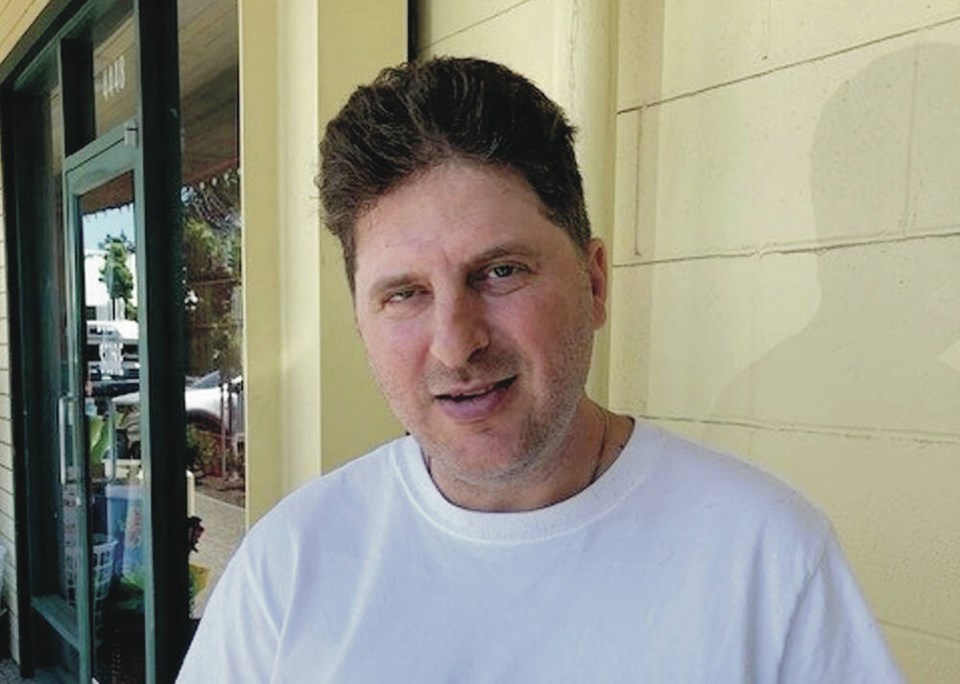The 2019 death of a patient following an altercation with security at Royal Jubilee Hospital was most likely caused by cardiac arrest brought on by a combination of factors, says the forensic pathologist who conducted an autopsy on Paul Spencer.
Those factors include physical restraint, existing cardiovascular disease from high blood pressure, schizophrenia and the long-time use of risperidone for its treatment, Dr. Elizabeth McKinnon said Monday at the coroner’s inquest into Spencer’s death, now in its second week in front of a seven-person jury.
“Shortly after becoming subdued by restraint and sedation, the decedent experienced cardiac arrest and failed to be revived,” McKinnon said.
The forensic pathologist said restraint can cause serious issues with metabolism and potassium levels, while risperidone can affect the heart muscle over time.
In the past, the cause of death would have been referred to as “excited delirium syndrome,” she said, but that term has been replaced by a more accurate reference to physiological symptoms.
Excited delirium was used to refer to cases where a person showed symptoms like agitation and aggression followed by sudden death, and was often associated with drug use.
McKinnon, who works for the B.C. Coroners Service, said her determination of the cause of death took into account Spencer’s medical history, medical records from around the time of death, autopsy findings and toxicological results.
Spencer was 43 when he was brought to hospital early on Sept. 27. 2019 by a Saanich police officer following a call to police by his worried mother.
After being at the hospital for a few hours, Spencer attempted to leave and was confronted by hospital security guards.
After a struggle in which one of the guards hit him on the back with a closed fist, Spencer was wrapped in a blanket from the shoulders down and placed face-down on a mattress in a secure room.
Security guard Guiseppe Moonie-Tkachuk told the inquest the blankets are wrapped in such a way that they aren’t difficult to get out of.
After leaving Spencer left alone in the room for about seven minutes, guards and nurses returned so the nurses could administer loxapine and Ativan.
Soon after, Spencer was seen to have turned blue.
Immediate CPR was performed and a medical team arrived to work on him, but he could not be saved.
Spencer had no traces of alcohol or cannabis in his system the day he died, forensic toxicologist Dr. Aaron Shapiro told the inquest Monday.
He said Spencer did have had normal levels of prescribed drugs, including risperidone.
Richard Neary, lawyer for Spencer’s mother, Angela, asked about suggestions by other doctors questioned during the inquest that Spencer was already dead when he was injected with the sedatives, because there were no traces of loxapine or Ativan found later in his system.
Shapiro said that was “not necessarily” the case.
“It’s possible that he was still alive with a pulse and given these drugs, and us not being able to detect them.”


